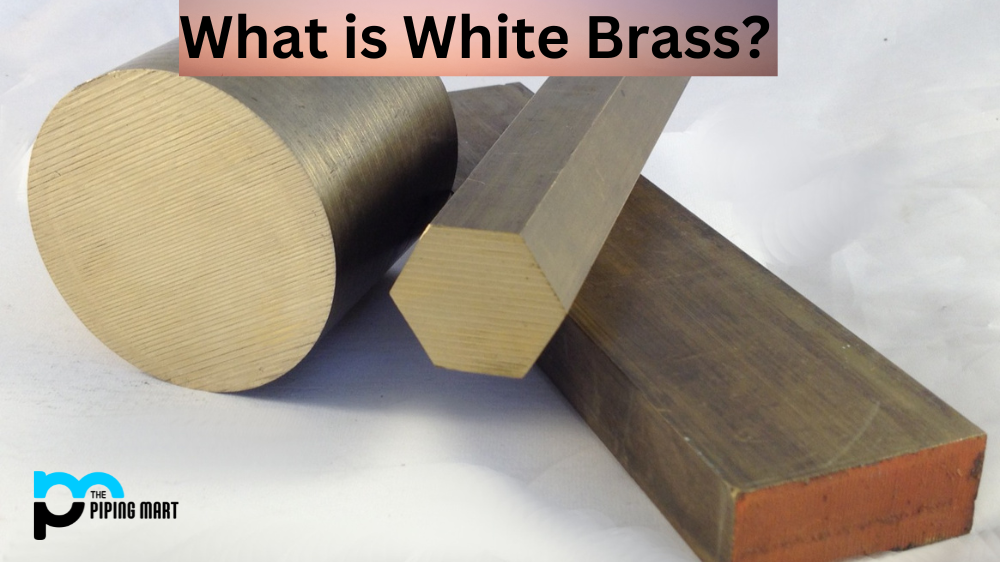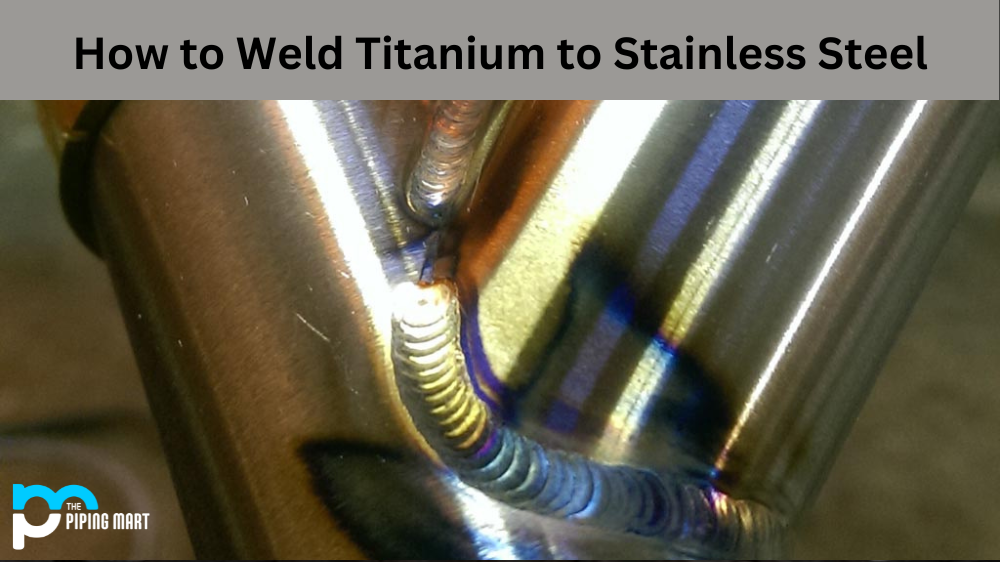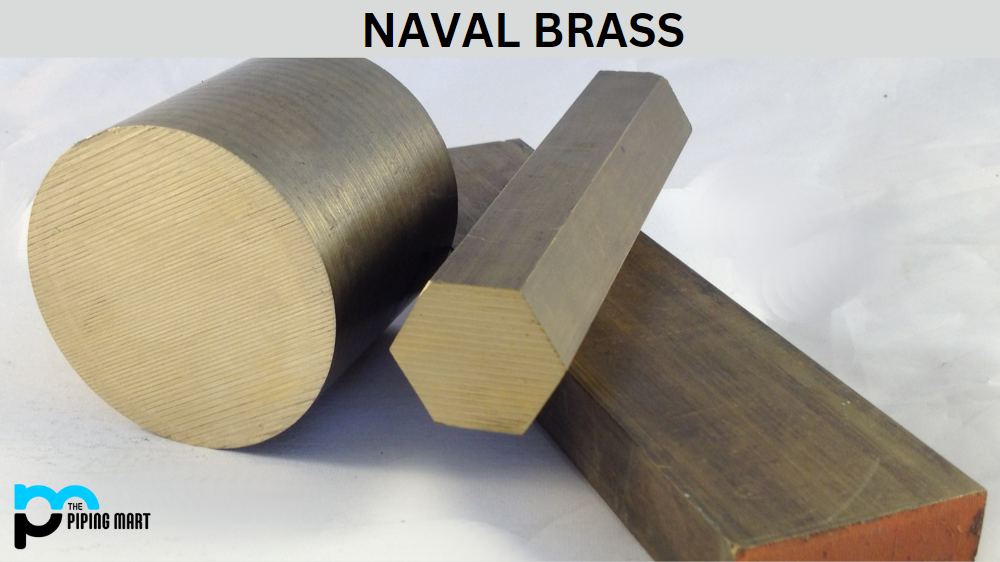White Brass is a type of metal alloy that combines the malleability and durability of Brass with the corrosion-resistant properties of zinc. It is an attractive material with a wide range of uses in commercial and residential settings. This blog post will explore what white Brass is and how it can be used.
What is White Brass?
White Brass is a combination of copper and zinc, which are two common metals found in many alloys. The ratio between these two metals determines the color, strength, and malleability of the resulting metal alloy. White Brass typically contains between 65% to 80% copper and 20% to 35% zinc; this proportion creates a light-colored, strong metal with excellent resistance to corrosion.
White Brass Uses
White Brass can be used for a variety of purposes due to its attractive appearance, low cost, and sturdy construction. It is often used for decorative pieces such as door knockers, cabinet knobs, handles, and other hardware fittings. Additionally, white Brass has been used in jewelry making since ancient times as it can be easily shaped into intricate designs without sacrificing its strength or durability. Furthermore, white Brass also has a number of industrial applications, such as electrical components or plumbing fixtures, due to its corrosion-resistant properties.
Jewelry
One of the most popular uses for white Brass is in jewelry making. White Brass has a bright, lustrous appearance that makes it perfect for creating beautiful pieces of jewelry. Additionally, white Brass is a relatively inexpensive metal, which makes it a great choice for those on a budget.
Home Decor
White Brass can also be used to create stunning home decor items. From vases to candle holders, there are endless possibilities when it comes to using white Brass in your home.
Tableware
Another popular use for white Brass is in the creation of tableware items such as plates, bowls, and cups. White brass tableware can add a touch of elegance to any meal.
Musical Instruments
White Brass is also often used in the construction of musical instruments such as trumpets and trombones. The metal’s high resistance to corrosion makes it ideal for use in musical instruments that are exposed to moisture.
Industrial Uses
White Brass also has a variety of industrial uses. The metal’s resistance to corrosion means that it can be used in a variety of settings, including in marine and chemical environments.
Advantages of White Brass
White Brass offers several advantages over other metals due to its low cost, easy machinability, corrosion resistance, aesthetic appeal, and durability. It is relatively inexpensive compared to other alloys but still provides superior strength and performance characteristics; this makes it an ideal choice for both commercial and residential applications. Additionally, white Brass does not require any special treatments or surface coatings after fabrication since it already has excellent corrosion resistance properties. This helps reduce costs while still providing superior protection against wear and tear over time.
More Durable
One of the primary advantages of white Brass is that it is more durable than other types of Brass. White Brass is an alloy that contains zinc, which makes it more resistant to corrosion than other types of Brass. Additionally, white Brass is less likely to discolor or tarnish over time.
Better Appearance
Another advantage of white Brass is that it has a better appearance than other types of Brass. The zinc in white Brass gives it a bright, shiny finish that is less likely to discolor or tarnish over time. White Brass also has a smoother surface than other types of Brass, which can give it a more polished look.
Easier to Clean
White Brass is also easier to clean than other types of Brass. The zinc in white Brass creates a smooth surface that is less likely to trap dirt and grime. Additionally, the brightness of the white Brass makes it easier to see when it needs to be cleaned.
More Affordable
White Brass is also more affordable than other types of Brass. The zinc in white Brass makes it cheaper to produce than other types of Brass, which makes it more affordable for consumers. Additionally, the durability of white Brass means that it will last longer, which can save money in the long run.
Eco-Friendly
White Brass is also more eco-friendly than other types of Brass. The zinc in white Brass makes it 100% recyclable, which means that it can be reused over and over again without causing environmental harm. Additionally, the production of white Brass requires less energy than the production of other types of Brass, which further reduces its environmental impact.
Disadvantages of White Brass
Tarnishes Quickly
One of the biggest disadvantages of white Brass is that it tarnishes quickly. Tarnish is a thin layer of oxide that forms on the surface of metals, and it can make jewelry look dull and lackluster. White Brass is especially susceptible to tarnishing because it contains a higher percentage of copper than other types of Brass.
Requires Regular Cleaning
Because white Brass tarnishes so quickly, it requires regular cleaning in order to keep it looking its best. Jewelry cleaners and polishes can help to remove tarnish from white Brass, but they will need to be applied more frequently than if the jewelry was made from another metal.
Not as Durable as Other Metals
White Brass is also not as durable as other metals, such as gold or silver. This means that it is more likely to scratch or dent over time. White brass jewelry should be stored carefully to help prevent damage.
Can Cause Allergic Reactions
Some people may also experience allergic reactions to white Brass. The copper in white Brass can cause skin irritation in some people, so it is important to test a small area before wearing any jewelry made from this metal.
Not as Valuable as Other Metals
Finally, white Brass is not as valuable as other metals such as gold or silver. This means that it is not a good choice for investment purposes.
Conclusion:
In conclusion, white Brass is an alloy composed primarily of copper and zinc that offers numerous benefits over traditional materials such as stainless steel or aluminum. Its low cost yet superior strength makes it an ideal choice for both industrial applications, such as electrical components or plumbing fixtures, as well as decorative pieces like door knockers or cabinet knobs. Furthermore, white Brass also offers excellent corrosion resistance without requiring any additional treatments after fabrication; this helps reduce costs while still providing superior performance over time. For these reasons and more, white Brass remains a popular choice among fabricators looking for reliable yet affordable solutions for their projects.

Pipingmart is a B2B portal that specializes in metal, industrial and piping items. Additionally, we share the latest information and information about materials, products and various types of grades to assist businesses that are involved in this business.




